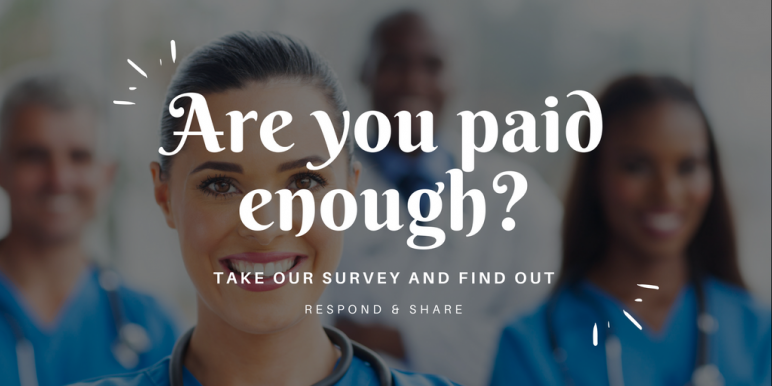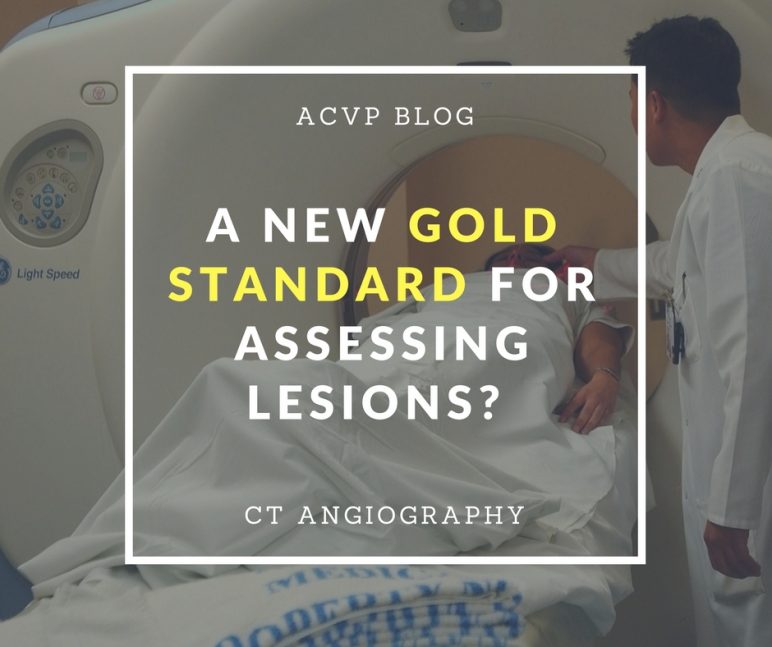Membership is an Opportunity to Advance, Earn More
What does membership in a professional association like the Alliance of Cardiovascular Professionals offer you? Short answer: a higher salary, more opportunities for advancement, and more chances for you to be recognized for your work and seen as a professional who advances the field of cardiovascular care.
Association membership and compensation are connected. A 2008 Smith Bucklin report analyzed salary data across the United States and found, when controlling for other demographic and job category variables, that association members earned on average $10,000 more than their non-member colleagues.
What's next for your career? How do you reach the next rung of the career ladder? How might you overcome the physical and emotional exhaustion of your hard work and find personal and professional fulfillment above and beyond the day-to-day?
Maybe it's unclear how you can demonstrate your commitment and worth, beyond simply showing up and doing a great job every day. Or maybe it seems like you've achieved the highest level of recognition or compensation for your profession, and there's no more space to grow. Maybe you want to make a greater, direct impact on the quality of care in your community by advancing into management, but are unclear where to start on that path.
No matter what you're trying to accomplish in your life, personally and professionally, every big achievement starts with a first step. If we want to be sure of achieving our goals, we should make sure our first steps provide us with the support we need to finish the journey.
As the only professional association catering specifically to non-physician professionals in cardiovascular care, ACVP is the best resource to help you achieve your goals. Membership in ACVP is a first step towards advancing your profession and your career.
|
Keep reading to learn more about how ACVP membership can support you, or take your first steps now by joining ACVP and accessing our many supportive benefits and services. |



